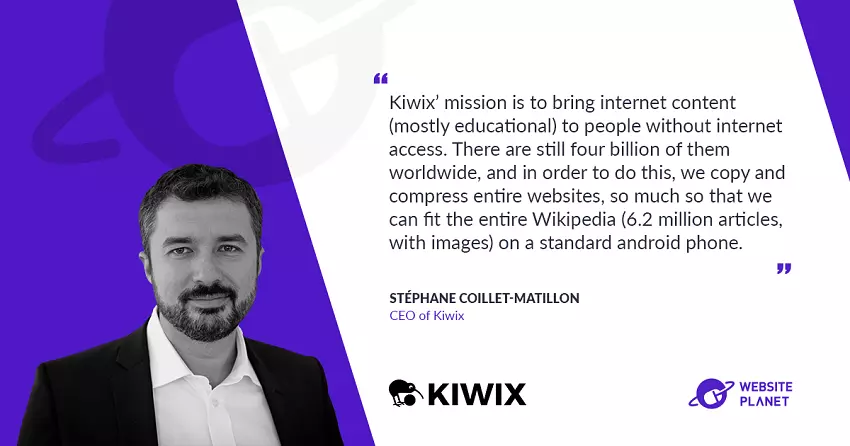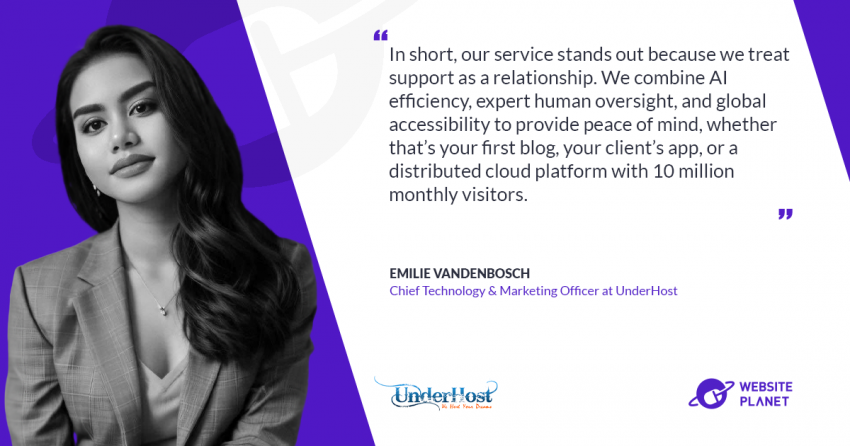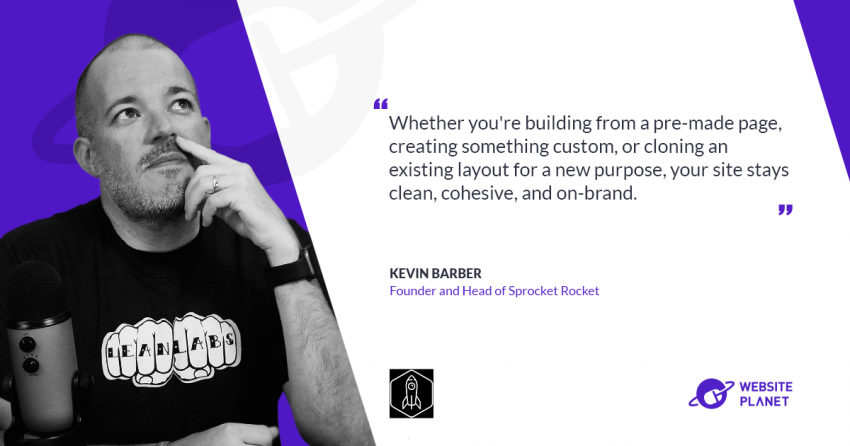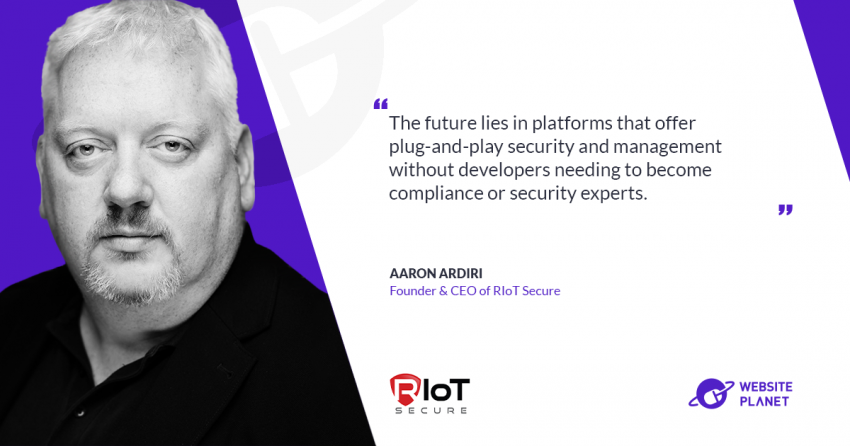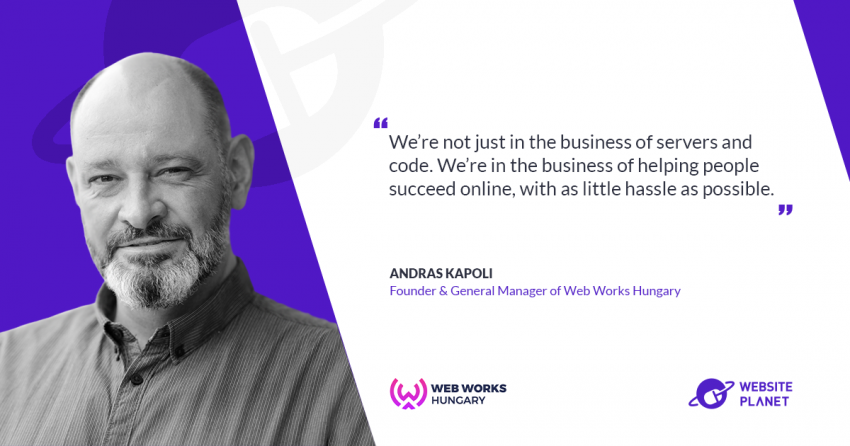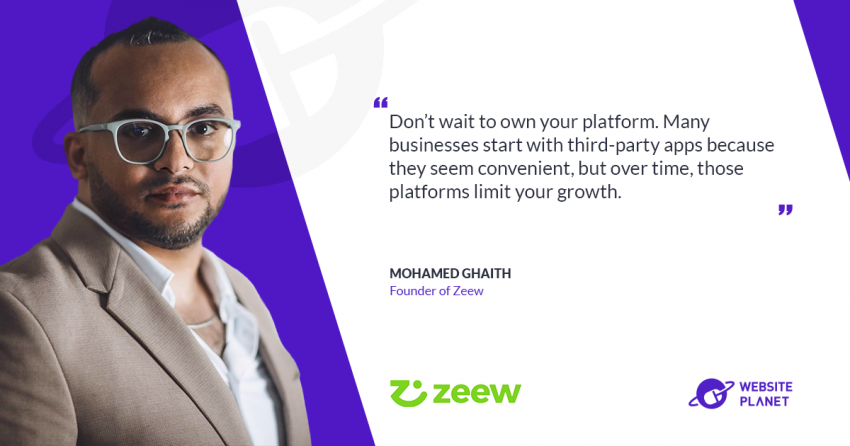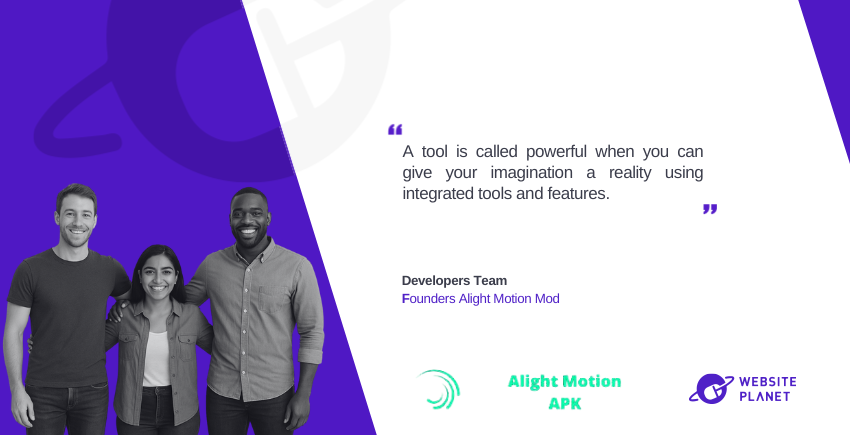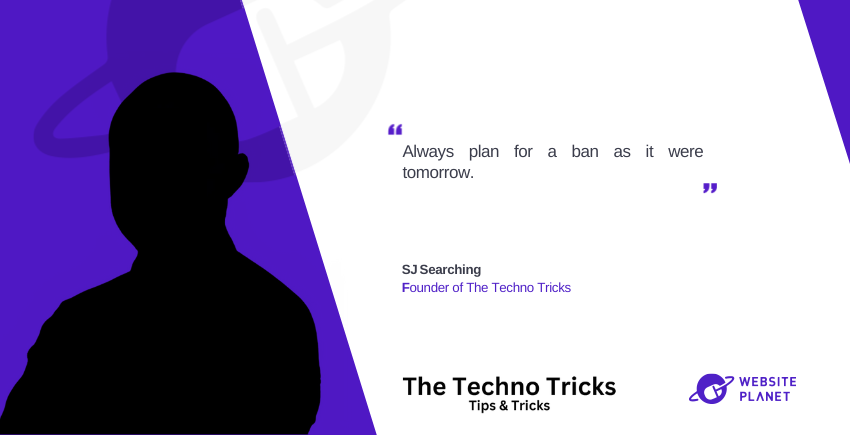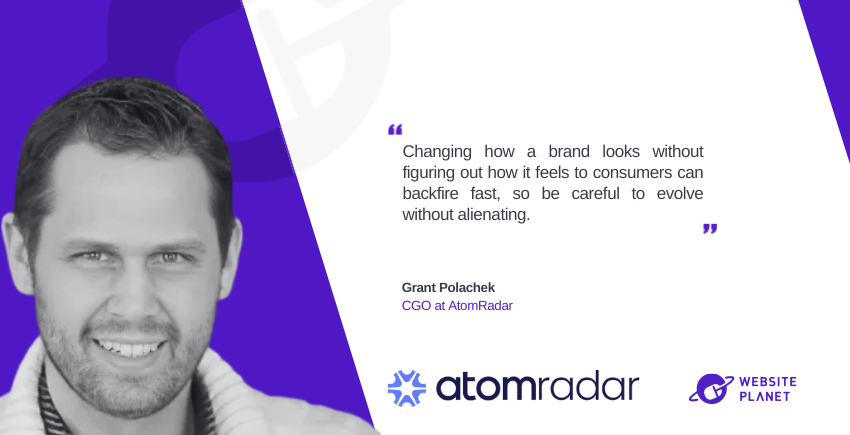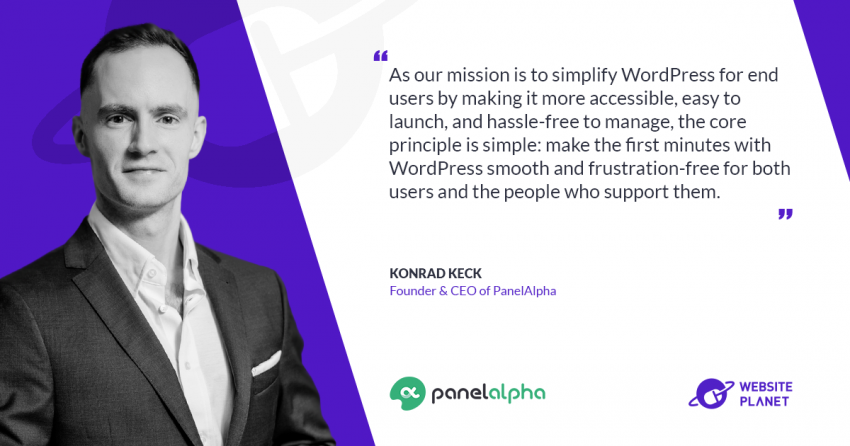Kiwix is a free software that brings knowledge to millions around the world by making it available offline. This week, we had the opportunity to speak with Stéphane Coillet-Matillon who is the CEO of Kiwix, and we learned a lot about this incredible product.
Please describe the story behind Kiwix: What sparked the idea, and how has it evolved so far?
It all started around 2007 when Wikipedia was just starting to become big. Two coders decided it was a great idea, but they could not share it: one had his mum living in the countryside with poor connectivity, the other was working in development in Mali and had no internet as soon as he left the capital. They both had the same idea at the same time, got in touch, and started working on Kiwix as a fun, side project. Their goal was to fit Wikipedia on a DVD.
A couple of years later it’s 2015 or ’16 already and DVDs are gone but Kiwix is still going strong and gets backing from Wikimedia Switzerland, where I worked at the time. When we discuss metrics and realize there are almost a million downloads each year, we decide it’s time to move to the next level. Kiwix was officially born in January 2017, has now more than 4 million users, and is aiming at 100 million by 2025 or so.
What services do you offer? What is the mission of Kiwix?
Kiwix’s mission is to bring internet content (mostly educational) to people without internet access. There are still four billion of them worldwide. In order to do this, we copy and compress entire websites, so much so that we can fit the entire Wikipedia (6.2 million articles, with images) on a standard android phone. This content can then be browsed no matter where you are. Kiwix works like a regular browser, and it is free to use, share, and distribute.
Our real customers however are NGOs and Foundations running educational programs on the ground: they may need specific content to be made available in low connectivity settings, in which case we can build the corresponding offline packages for a fee.
What separates you from other similar websites/companies?
Well first of all we are a non-profit, even though we very much function like an EdTech startup. Then the software is free: there is no hidden cost for using it, we do not collect personal data nor do we play ads.
The key to our success is probably that we are content-agnostic: we are not here to push a specific type of content (think Youtube Lite) but simply aims to make the internet available offline. Well, ok, « simply » makes it sound easier than it is. But that’s how we see it: we do not curate, nor do we prioritize which content people should have access to.
Who are your typical customers, and what do you think is the main challenge that your product solves for them?
As I mentioned earlier, customers usually are entities who need to access or distribute web content and then realize that internet access is not a cheap, universal commodity.
We started with schools in West Africa but it turns out that a LOT of people need internet content in offline settings, and for a lot of different reasons. Kiwix is for instance being used in prisons (training inmates to become coders), in refugee camps, on boats, even in Antarctica or North Korea.
We have recently started to explore the home market – people interested in having their own personal Wikipedia on a cheap Raspberry Pi hotspot can now do just that for a few dollars. This appeals to preppers, but also park authorities (for medical content), or simply people wary of their browsing privacy.
How do you envision the future of your industry?
It took thirty years for the web to reach the richest half of the world. I may be wrong, but getting to the bottom half will be the hard part. So for all the talk of satellites and balloons, I see a need for offline access to help the disadvantaged who won’t be able to afford a satellite link anytime soon.
And then COVID happened. Millions of kids were sent home, only to realize that not everyone can afford a computer and high-speed connection to follow Zoom classes. I can tell you that Kiwix suddenly appeared on a lot of radars.
Finally, a more worrying trend is the increase in net surveillance and outright censorship. North Korea should be an interesting edge case for us, but the fact of the matter is that China is also in our top 5 countries in terms of users. Our downloads also exploded when Turkey banned Wikipedia. So offline access is probably here to stay, but it is not something we are happy with.
